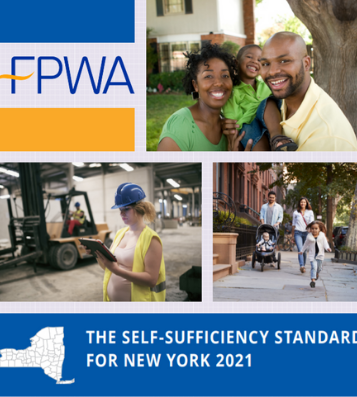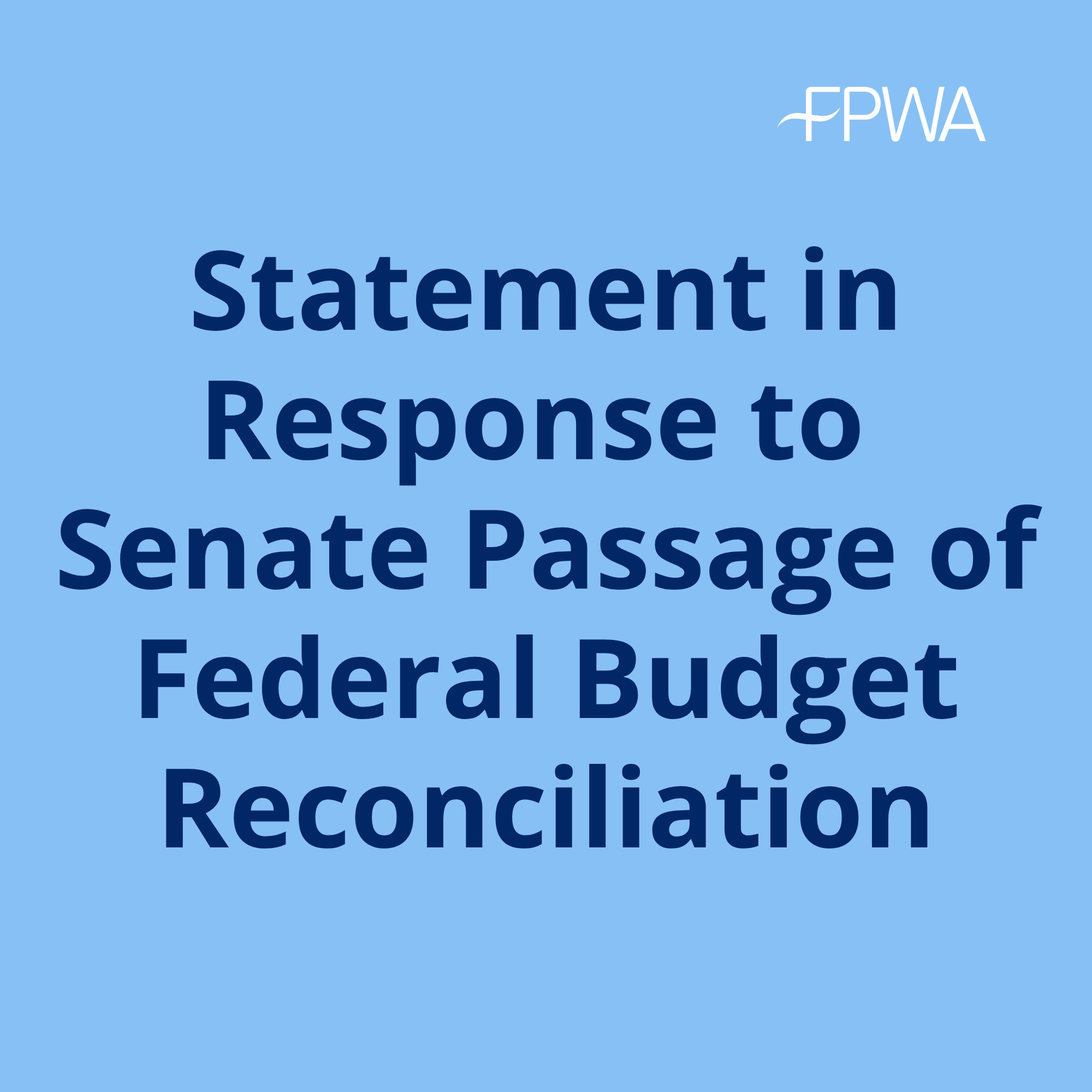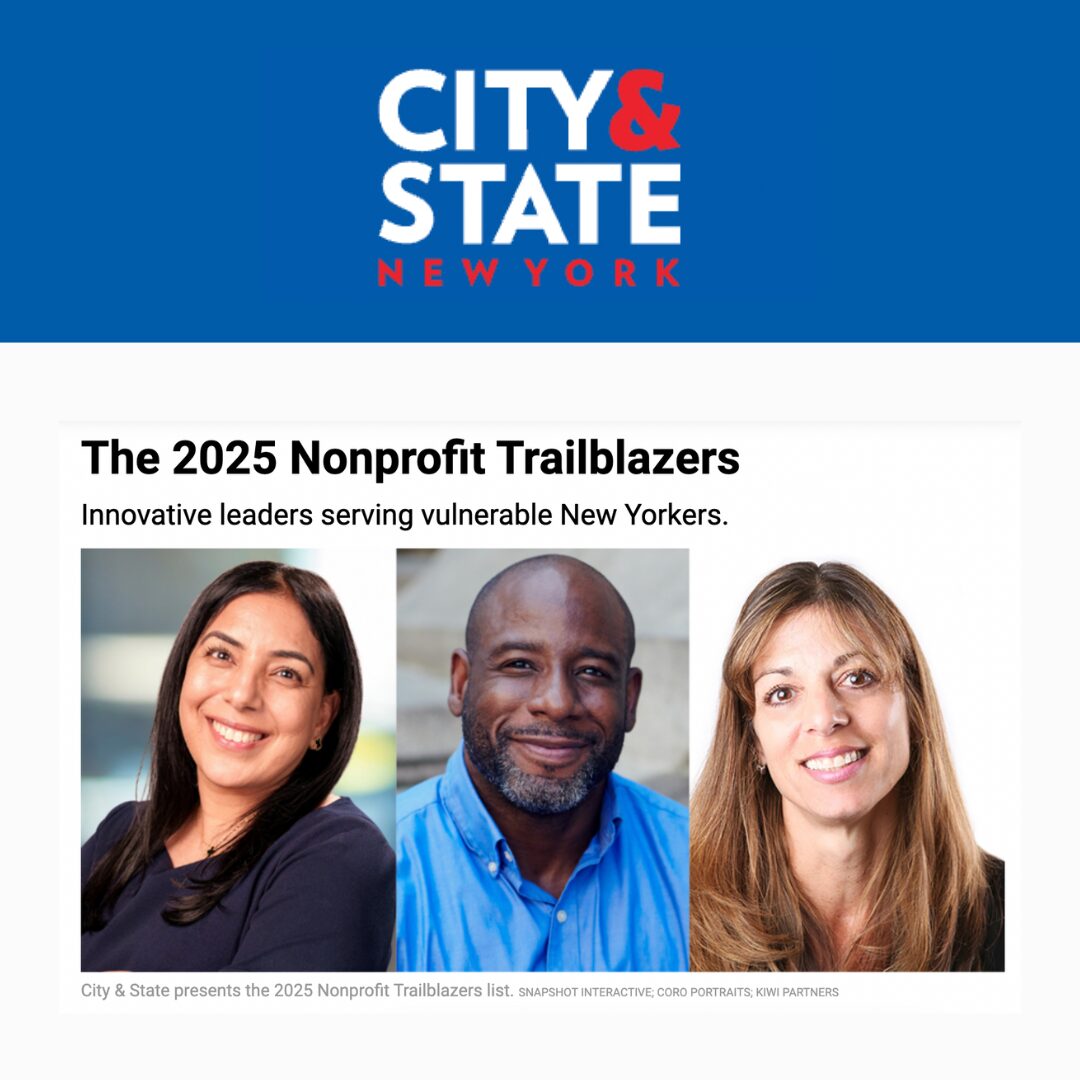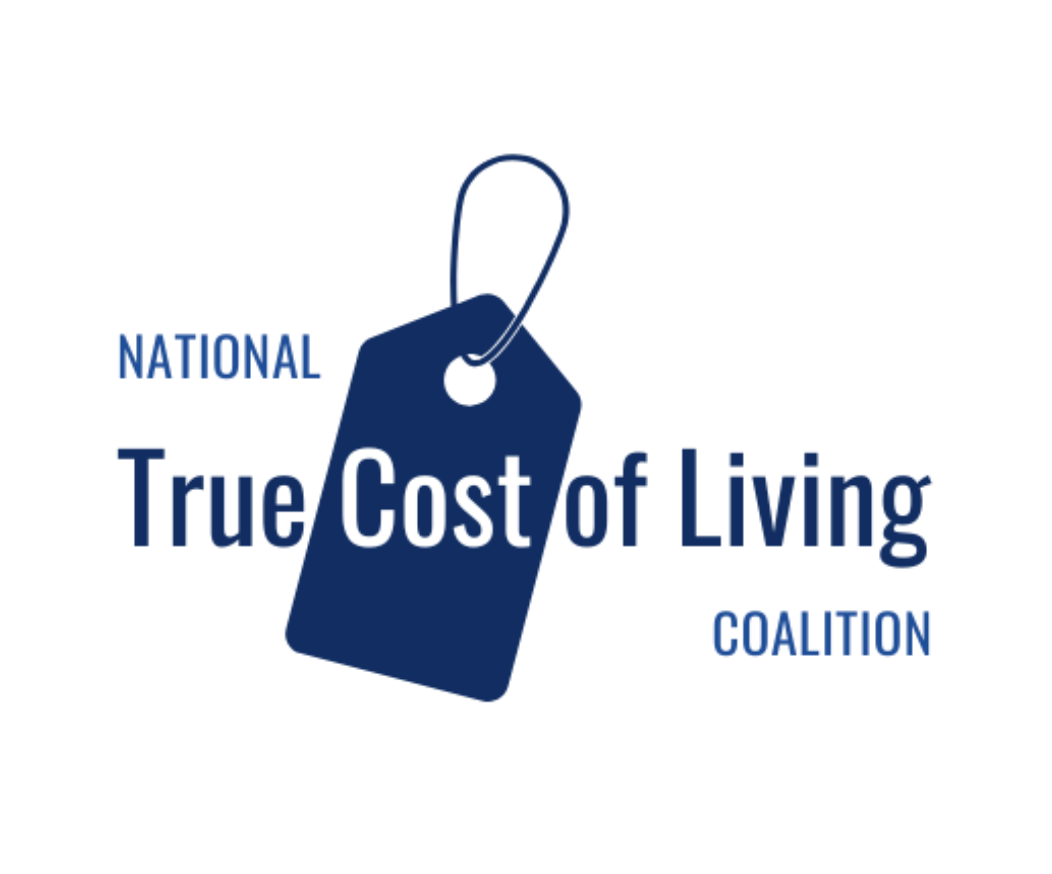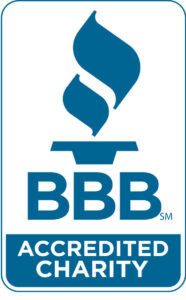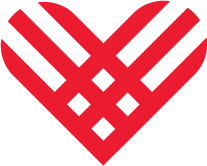FOR IMMEDIATE RELEASE
March 24, 2021
Contact:
Rachel Noerdlinger, rnoerdlinger@mercuryllc.com
Amaris Cockfield, acockfield@mercuryllc.com
Today FPWA and the University of Washington release a new report, “The Self-Sufficiency Standard for New York 2021.” The Standard Flips the Debate About How to Measure and End Poverty by Focusing on How Much Income is Needed for Financial Independence
NEW YORK CITY, NY –There are at least 1.5 million households that are unable to meet their most basic, every day needs in New York State – that’s a shocking 29% of all working-age households. However, the official poverty count in New York is only over half a million working-age households, or 10%.
As policies about benefits supports are being debated and enacted at all levels of government, we must ask why we base our public benefits and supports on an artificially low poverty benchmark, the Federal Poverty Level, when a more accurate, modern measurement of income adequacy is available, the Self-Sufficiency Standard.
The answer is, to sustain the lie about how many people actually live in poverty and how much income is truly needed to afford basic needs in today’s economy.
Today FPWA and the Center for Women’s Welfare at the University of Washington are releasing a report entitled, “The Self-SufficiencyStandard for New York 2021.” The report outlines what working-age families of various sizes and compositions need to make ends meet without public or private assistance in each county in New York. It also models the impact of different work supports on wage adequacy, before and after a proposed policy change. It’s a much needed and anticipated update of ten-year old data that can be used by New York State and local policymakers and legislators to calculate how much income is truly needed for households to make ends meet.
The Federal Poverty Level (FPL) is used deliberately to undercount how many people live in poverty and underestimate how much income is needed in today’s economy to meet basic needs for one reason – to keep costs low. And thereby perpetuate the lie that a $7.25 minimum wage or even a $15 minimum wage is adequate.
For instance, the Standard shows that a single parent with a baby and a preschooler can get by in Otsego County by earning $58,350, but they’d still need to earn more than double the minimum wage in nearby Onondaga County. In the Bronx, a similar family needs to earn $95,000 annually – three times the minimum wage in New York City.
Unlike the FPL, which has defined federal and state poverty guidelines since the 1960’s War on Poverty and is seriously out of date, the Standard incorporates a variety of family types. The FPL only recognizes a two-parent family with a “stay-at-home” mom. The Standard covers a wide range of basic expenses including housing, childcare, transportation, and cost of taxes whereas the FPL calculation uses only the price of food because it was the largest budgetary expense in the 1960’s. And finally, the Standard is geographically specific, analyzing costs by county, while the FPLuses one cost of living guideline for the entire country.
Experts have advocated for the use of the Self-Sufficiency Standard for the last 25 years. To date, the Standard has been calculated for 41 states and the District of Columbia and New York City. Using the Standardwouldtransform the way policies and programs are structured because it provides a better understanding of what it takes for workers who are paid low wages to have adequate income to meet their basic needs at a county-by-county level. For instance, a single parent with a baby and a preschooler can get by in Syracuse by earning $65,624, but this amounts to double the minimum wage.
“One of the greatest issues in our nation today is the deliberate undercounting of poverty,” says Jennifer Jones Austin, CEO and Executive Director, FPWA. “Governments at all levels have a vested interest in continuing to define poverty using the outdated and inadequate Federal Poverty Level because when compared with the Self-Sufficiency Standard, the Federal Poverty Level yields a much lower count of households living in poverty and thus greatly lowers the cost of public financial supports. If as a nation we are truly committed to ending poverty, we can start by retiring the Federal Poverty Level and move our focus to identifying how much income households need to cover all their basic needs by using the Self-Sufficiency Standard.”
“As New York State recovers from the Covid-19 pandemic, it needs to use this report to modernize its benefits policies,” demands Emily Miles, Chief Policy and Programs Officer, FPWA. “By using the report’s county by county measurement of income adequacy for working families that is based on the costs of basic needs, families across the state can begin to get the financial supports they need for the long climb back to financial independence.
Lisa Manzer, Director, The Center for Women’s Welfare: “This report provides a baseline of pre-pandemic cost of living against which future recovery can be measured. It also shows us the difficulty of making ends meet in New York State prior to the profuse, detrimental impacts of COVID-19, for example eight of the top ten occupations do not have wages sufficient to support a single adult caring for one preschooler and one school-age child in Albany County. We hope these findings will be used to spur on equitable solutions for struggling New York families.”
About FPWA
FPWA is an anti-poverty policy and advocacy organization committed to advancing economic opportunity and upward mobility for low-income New Yorkers. Having a prominent New York presence for nearly 100 years, FPWA has long served New York City’s social service sector, providing grants to help individuals and families meet their basic needs, and advocating for fair public policies on behalf of people in need and the agencies that serve them. FPWA’s member network of 170 human-service and faith-based organizations reach more than 1.5 million people in New York’s communities each year. Join us at fpwa.org, Facebook, Twitter, and Instagram.
About The Center for Women’s Welfare
The Center for Women’s Welfare at the University of Washington School of Social Work is devoted to furthering the goal of economic justice for women and their families. The main work of the Center focuses on the development of the Self-Sufficiency Standard and related measures, calculations, and analysis. The Center partners with a range of government, non-profit, women’s, children’s, and community-based groups to:
- research and evaluate public policy related to income adequacy;
- create tools to assess and establish income adequacy and benefit eligibility;
- develop policies that strengthen public investment in low-income women and families.
Learn more about the Center and the Self-Sufficiency Standard research project at http://www.selfsufficiencystandard.org/

